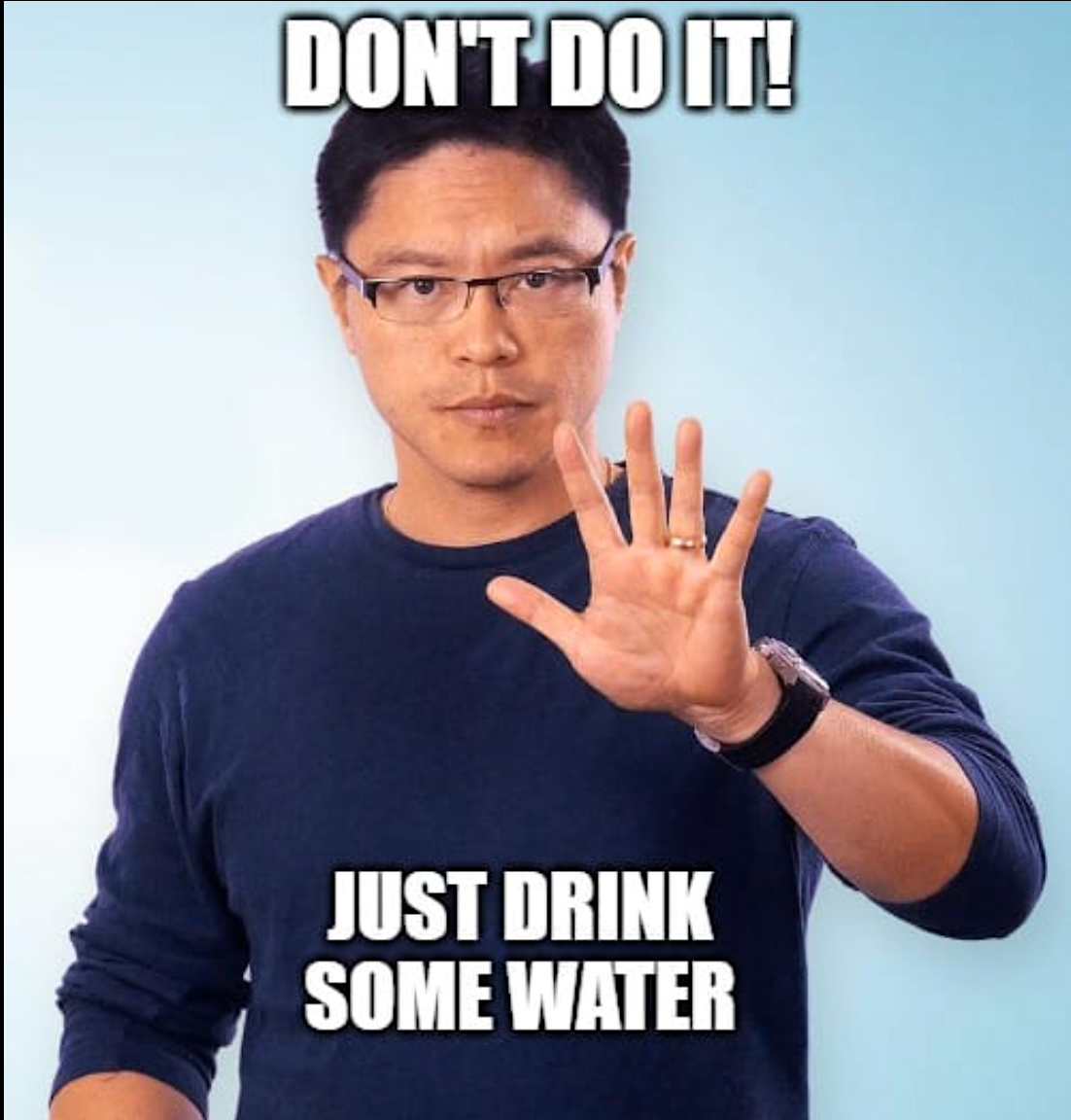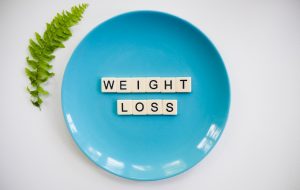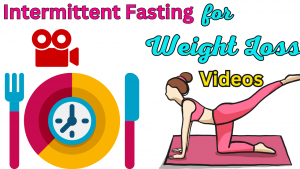

What allows you to be this breaker of traditional medical norms (which you have done). How did you develop the character to take on a whole industry?
I have thought about it too, I think it is because I read a lot. So, sometimes, things are incongruous to me when I look at a problem, and I am very interested in puzzles and stuff like that, trying to figure stuff out. I spend hours on Sudoku and stuff. For me, it was when I saw that there was a very fundamental problem with the way we treated diseases.
Then I spent hundreds and hundreds of hours reading. I am not like a snob, who says I am not going to read any book because it is not good and I read only scientific papers. I read everything, even stuff that is in the newspaper because I wanted to know what it is that we were getting wrong.
So the first part of solving any problem is admitting there is a problem. So the issue with a lot of medical practitioners and schools and universities is that they can never admit there is a problem. They can never say we are not the experts.
They have to say “we know exactly what is going on” so they never admit the problem, and they never change what they do. They didn’t see anything wrong with what they were doing, that is treating people at the end of the chain with dialysis as opposed to treating them at the beginning solving the root cause. They couldn’t admit the problem to themselves. I don’t have that sort of handicap because I am willing to say everything is wrong, because my loyalty is not to the medical profession, it is to the patient in front of me. All the doctors who work on the frontline, this is their main flaw. For the academic doctors in universities they may not see many patients, they are more interested in the theoretical side of it.
For me, it is about treating that patient in front of me and if it doesn’t work for them, I see and I feel their pain. I see them, I put them on dialysis, but I think somehow I failed this patient. And you can only take that for a certain number of years before you go “Isn’t there a better way?”
To some extent, the medical profession doesn’t admit the problem because they say type 2 diabetes is chronic and progressive. They say well you should just cut your calories, we’ve told people to count their calories and reduce them for losing weight.
That is the same advice given for 50 years and it has failed all the time. If you looked at studies chronic calorie reduction fails 99% of the time to cause weight loss. We know that our advice failed 99% of the time, why would we give that advice? Why aren’t we looking for better advice?
So fasting is really water only. So water, whether it’s distilled water or sparkling water or seltzer water, those are all okay, and usually no sweeteners, so no diet drinks. No artificial sweeteners or flavors, so no diet soda. And then you start getting into the variation of fasting. Most people feel that something like green tea and herbal tea is acceptable. And that is what leads to black coffee and coffee with a little bit of cream. Now you are definitely not fasting because now you have got some calories, but the thing is you can still do very well in terms of weight loss.
I do that myself, I have black coffee with some cream while fasting. It is not a true fast, but if it allows you to do the fasting, you are better off doing that and getting through the fasting because the point is not necessarily to do the pure fast. The point is to lose weight or to get healthy. You can still do that with these little things. With longer fasts people will use things like bone broth which again is technically not a fast, they’re variations of fasting but you can do very well. Bulletproof coffee in California is very popular and some people do very well with that.
What is bulletproof coffee?
Bulletproof coffee is coffee with either butter, or something called medium-chain triglyceride oil mixed in. So there are a lot of calories in that because of all that fat in it. The fat doesn’t have a lot of insulin effect, so it keeps your body sort of in the fat-burning mode, and the butter in the coffee that some people feel suppresses their appetite, but that’s one thing that you know allows them to fast and some people do very well on it, others don’t so you have to sort of see for yourself but these are all variations of fasting.
We’re usually defined by the hemoglobin A1c. Your lab will have a pre-diabetes and diabetes. In the lab I use, for example, 6% is normal, and 6 to 6.4% is pre-diabetes and above 6.5% is diabetes. The American Diabetes Association has a stricter rule, so up to I think 5.7% is considered normal as opposed to 6, so it varies. I think it varies a little bit, but the fasting blood glucose actually varies quite a bit, and that is one of the reasons that everybody sort of switched over to using this three-month average you call the A1c.
Yes. As your insulin levels fall, your body is going to switch over from using food to using body fat stored. That’s the process of switching over. As your insulin levels fall, you make a steak and eat a banana when your insulin levels go up, but it is a small piece of banana so just then it goes up, but only a little bit, then it starts going back down again, sort of like 10 minutes later, so you haven’t done really a lot. It’s not like everything has just stopped and you have to restart it all over again. So your insulin levels have continued to fall other than that small little blip that you went up, So, yeah I tell people don’t worry about it, I mean, it really is not that big a deal.
In fact, some diets, like Dr. Michael Mosley’s 5:2 diet allows 500 calories during that fasting period, so that’s another variation and some people do very well on that, but yeah, I wouldn’t worry at all about a little bit here because it is not going to impede the benefits that you derive from them.
So, if you are taking any kind of medication?
Anytime you change the diet you have to reevaluate with your doctor about what your insulin intake should be. So the thing is that in a normal body, if you’re not type 1 diabetic, if you are not on medications, then your blood sugars should never go low and that’s the secret. For example, if you’re a caveman and you haven’t eaten for three or four days, well it would be tough if you started going into seizures, for example, so your body really doesn’t do that, your blood sugar is maintained in a normal level forever basically unless your body goes very, very low in your body fat. So, if you’re on medications, you absolutely have to talk to your doctor first, just to make sure that you know some medications are taking the food, for example, so you have to be aware of that. If you have a medical condition then you have to make sure that you are doing it safely. That’s the most important thing.



